Alumni Spotlight
Dr Shereen Khan
Residency '07
Head of the department of Pulmonology, Bolan Medical College
Elected Vice President for Balochistan Region Pakistan Chest Society
Executive Director Fatima jinnah Institute of Chest Diseases Quetta
What led to your decision to serve as a Pulmonologist?
Growing up in Balochistan, I saw the dire need for specialized care in chest diseases. With only one pulmonologist and many suffering patients, the lack of healthcare access was evident. This motivated me to become a pulmonologist, aiming to provide much-needed relief and improve the quality of life for my community. By serving in Balochistan, I hope to address the healthcare gap and inspire others to pursue medicine, ensuring better care for future generations.
After completing your undergraduate degree from Quetta what led you to apply to AKU for post-graduate medical education?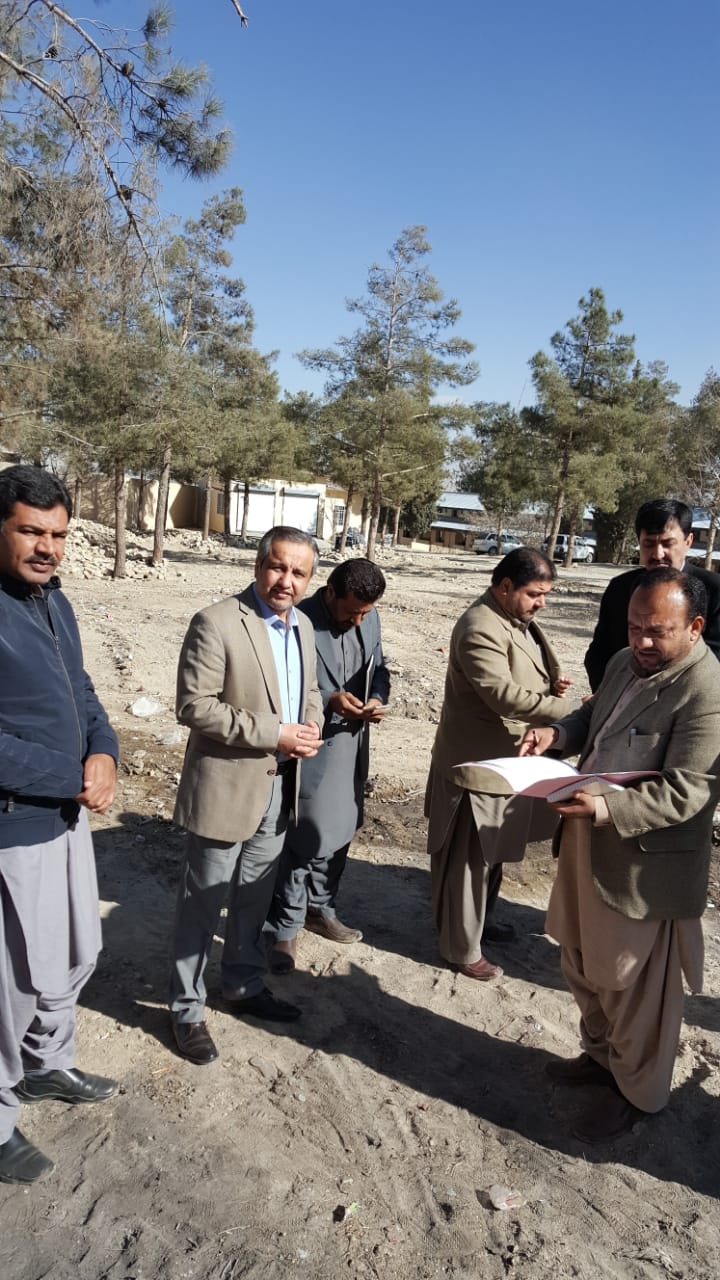
After completing my undergraduate degree from Quetta, I applied to AKU for postgraduate medical education because of its renowned standards of training in the medical field. AKU's reputation for excellence in medical education, cutting-edge research, and comprehensive clinical training made it the ideal place to further my studies. I was confident that the rigorous training and exposure at AKU would equip me with the skills and knowledge needed to serve my community in Balochistan effectively.
What does an average day in your life look like?
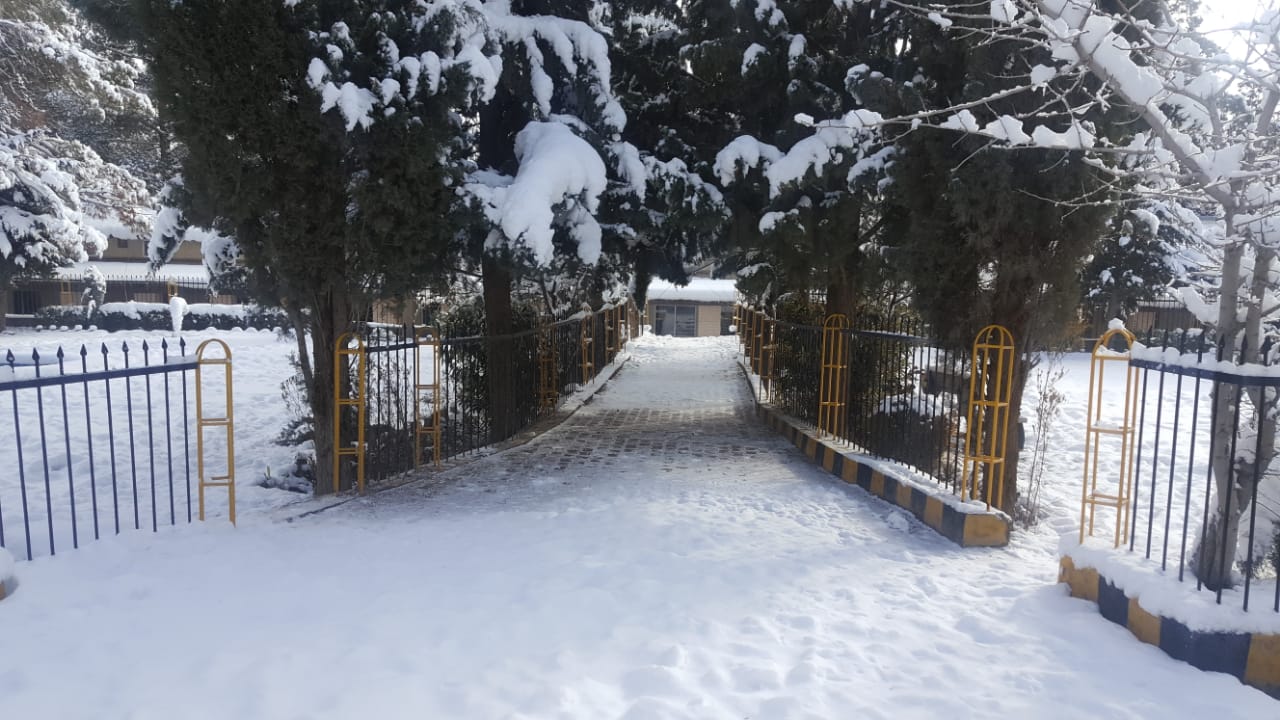
An average day in my life is very busy. The first half is spent at the Fatima Jinnah Institute of Chest Diseases, where I serve as the Executive Director. My responsibilities include administrative tasks, teaching undergraduate and postgraduate medical students, and attending to both in-patients and out-patients. The second half of my day is dedicated to working as a clinician at a private institute, continuing to provide care and treatment to patients.
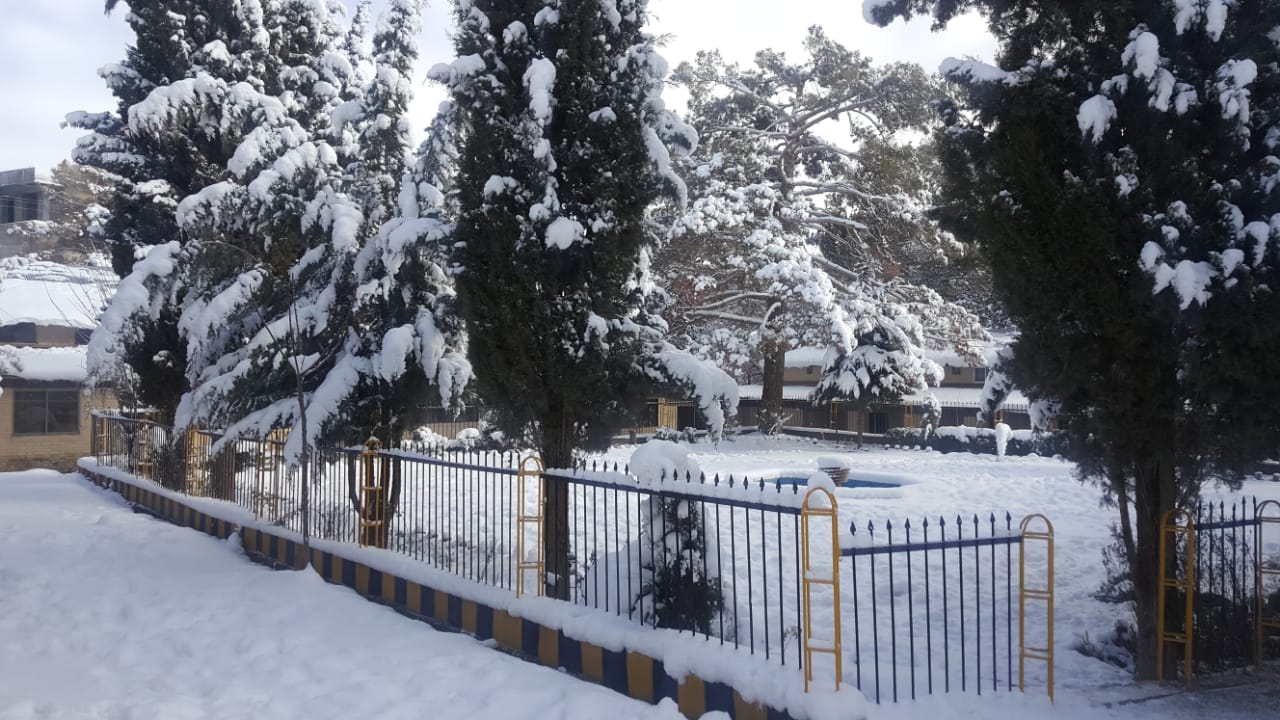

As a pulmonologist, what lifestyle changes would you suggest to improve lung health?
As a pulmonologist, I suggest several lifestyle changes to improve lung health:
- Quit Smoking: Avoid smoking and exposure to secondhand smoke. Tobacco smoke is a leading cause of lung diseases, including COPD and lung cancer.
- Avoid Pollutants: Minimize exposure to indoor and outdoor pollutants. Ensure good ventilation at home and use masks in areas with high air pollution.
- Exercise Regularly: Engage in regular physical activity to strengthen your lungs and improve overall respiratory function.
- Healthy Diet: Eat a balanced diet rich in antioxidants, which can help protect your lungs from damage.
- Hydration: Stay well-hydrated to keep the mucosal linings in your lungs moist, which helps your lungs function better.
Have the challenges you faced during the initial years of your practice changed from the ones you face today? How have you dealt with some of those challenging ground realities?
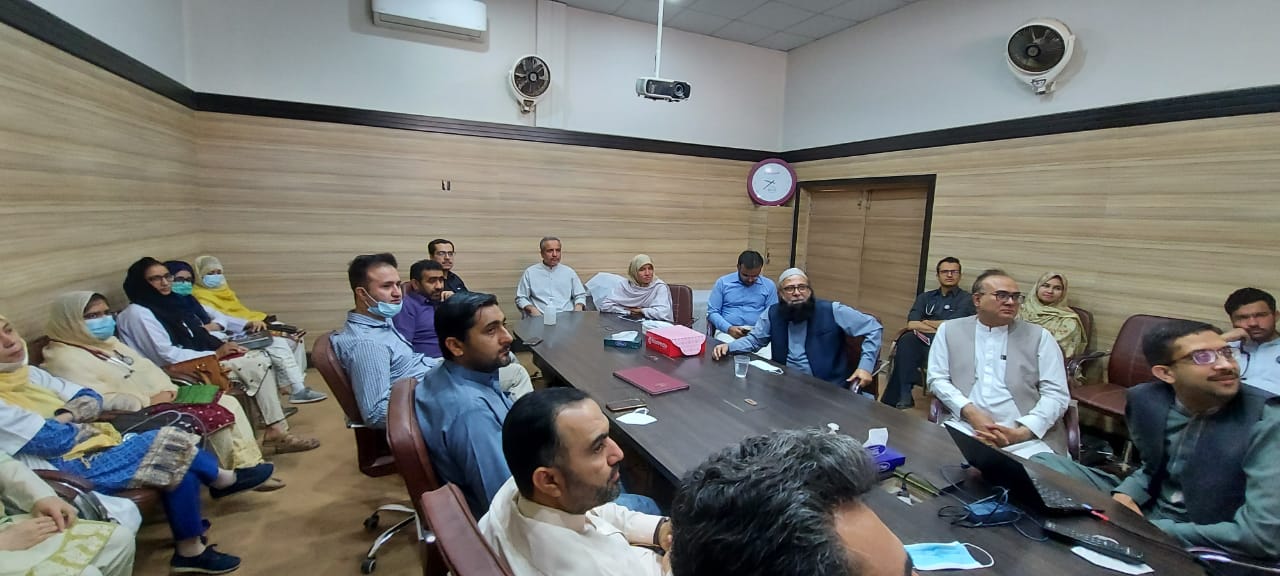
Yes, the challenges I faced during the initial years of my practice have evolved over time. Initially, the primary challenges included building trust with patients, gaining clinical experience, and managing limited resources and facilities in Balochistan. Establishing a reputation and learning to navigate the healthcare system were also significant hurdles.
Today, while some challenges remain, new ones have emerged. These include keeping up with advancements in medical technology, dealing with an increasing patient load, and managing administrative responsibilities as the Executive Director of the Fatima Jinnah Institute of Chest Diseases. Additionally, addressing public health issues, such as rising pollution levels and the impact of COVID-19 on respiratory health, presents ongoing challenges.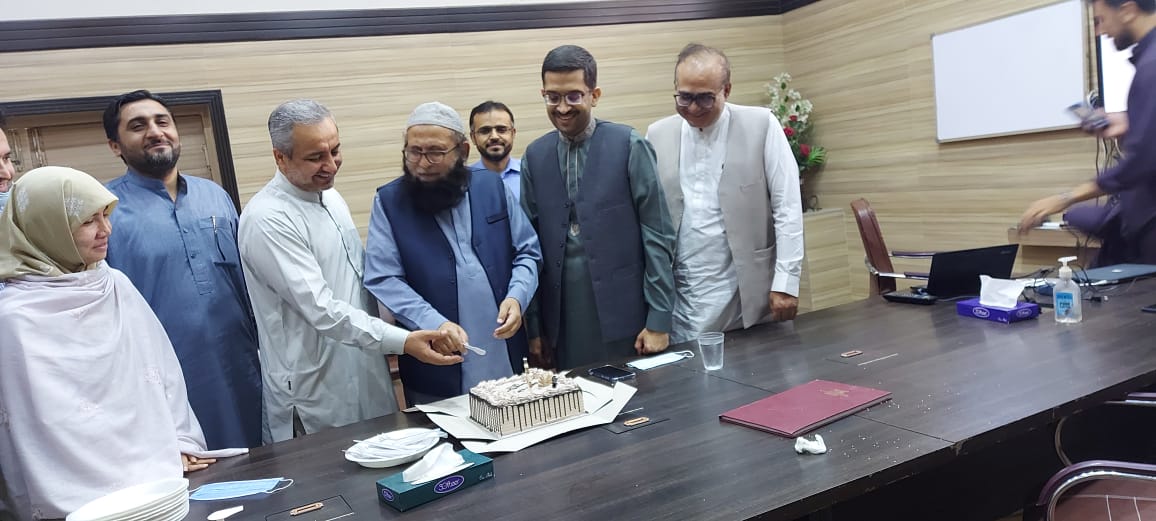
To deal with these challenges, I have focused on continuous learning and professional development, staying updated with the latest medical research and technologies. I have also worked on improving the infrastructure and resources at the institute, advocating for better healthcare policies, and fostering a collaborative environment among healthcare professionals. Building strong relationships with my colleagues and patients has been crucial in overcoming obstacles and providing high-quality care.
From your time at AKU, do you have a favorite moment, anecdote or incident that is etched in your memory? How would you describe that journey?
One of my favorite moments from my time at AKU is when I attended an international conference in Quetta as a resident. I presented a research paper and was awarded a gold medal for it. Receiving such a prestigious award in my own city was an unforgettable experience. It was a proud moment that validated my hard work and dedication, and it reinforced my commitment to making a difference in the field of pulmonology. My journey at AKU was transformative, providing me with exceptional training and opportunities that have shaped my career and fueled my passion for serving my community.
In your vast experience, what are the most pressing healthcare needs of our people? Where are we, as a healthcare community, doing well and where do we need more effort and investment?
In my experience, the most pressing healthcare needs of our people include:
- Access to Healthcare: Many areas, especially rural regions like Balochistan, suffer from a lack of healthcare facilities and professionals. Increasing the availability of hospitals, clinics, and trained healthcare workers is crucial.
- Preventive Care: There is a significant need for improved preventive care measures, including vaccination programs, health education, and early disease detection and screening.
- Chronic Disease Management: Conditions like diabetes, hypertension, and respiratory diseases require better management and ongoing care. This includes providing access to medications and regular monitoring.
- Maternal and Child Health: Improving maternal and child health services, including prenatal care, safe childbirth practices, and nutrition, is essential for reducing mortality rates and ensuring healthy communities.
- Mental Health Services: Mental health often gets overlooked. There is a need for more mental health professionals, as well as better awareness and treatment options for mental health conditions.
- Infrastructure and Technology: Enhancing healthcare infrastructure and incorporating modern technology can improve service delivery, patient management, and treatment outcomes.
As a healthcare community, we are doing well in:
- Medical Education: Institutions like AKU are providing world-class training, producing skilled healthcare professionals. But definitely we need many more of such institutions.
- Research and Innovation: There has been progress in medical research and the adoption of innovative practices in some areas.
- Public Health Initiatives: Efforts to combat infectious diseases through vaccination drives and public health campaigns have shown positive results.
However, we need more effort and investment in:
- Rural Healthcare Development: Expanding healthcare facilities and resources in underserved rural areas is critical.
- Funding and Resources: Increased funding for healthcare infrastructure, equipment, and staffing is necessary to meet the growing demands.
- Healthcare Accessibility: Ensuring that healthcare is affordable and accessible to all, regardless of socio-economic status, requires significant attention.
- Health Education and Awareness: Raising awareness about preventive health practices and chronic disease management can lead to better health outcomes.
By addressing these needs, we can work towards a more equitable and effective healthcare system for our people.
Past Alumni Spotlight
1.
Dr Philomena Drago
